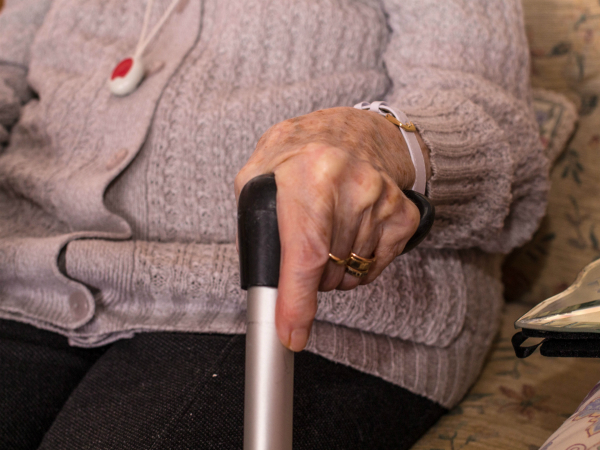
A council criticised for ‘forcing’ a resident to pay unlawful care home top-up fees has been made to publish a statement of non-compliance by the Local Government Ombudsman.
Tameside Council refused to comply with three of the four recommendations made by the ombudsman in September 2014, after it found the council to be at fault in the case of the now deceased Mrs Y.
Mrs Y, who had dementia, paid additional costs for her care after the council made changes to how it commissions care and cut the fee paid to her care home.
The original investigation was launched after her son complained.
‘Effectively forced’
The ombudsman’s investigation found the council had failed to act in accordance with the law and government guidance on choice of residential accommodation arranged under section 21 of the National Assistance Act 1948.
The guidance states that a resident may only top-up their council’s fee if they have a deferred payments agreement or are subject to the 12-week property disregard, otherwise any top-up must be made by a third party.
Neither condition applied to Mrs Y, but the top-up came out of her resources.
The ombudsman also found that the top-up fee had been “effectively forced” on the family, as Mrs Y’s son felt there was no option but to make the top-up because of the risks of moving his mother to another home.
‘No compensation’
The ombudsman said that Mrs Y and her son had suffer a “significant injustice” because of the council’s actions, and recommended that it:
- reimburse Mrs Y’s estate for the full amount of the third-party top-ups that have been made
- provide her son with a full written apology
- pay the son £250 for his time and trouble in pursuing the complaint
The fourth recommendation, with which the council complied, concerned nine other people similarly affected and in at least on case the injustice caused was remedied. But the council withdrew its offer to compensate Mrs Y’s son following the publication of the ombudsman’s report.
‘Findings rejected’
In March 2015, the ombudsman issued a further report calling on Tameside to comply with the outstanding recommendations. The council refused to do so because it rejected the finding that it had failed to adhere to the relevant guidance issued by the Department of Health and disagreed with the ombudsman’s interpretation of such guidance.
The council also said it had offered to carry out an assessment of Mrs Y to evaluate her circumstances in light of its changes to care commissioning, but this had been rejected.
If this offer had been accepted, there would have been no need for the ombudsman’s investigation, the council said.
The ombudsman said the council had given ‘no good reason’ why it should not take appropriate action to remedy the injustice caused. It could not be satisfied with this response and, in accordance with part 3 of the Local Government Act 1974, has made the council publish the statement of non-compliance in the local press.


 ‘Dear Sajid Javid: please end the inappropriate detention of autistic people and those with learning disabilities’
‘Dear Sajid Javid: please end the inappropriate detention of autistic people and those with learning disabilities’ Ofsted calls for power to scrutinise children’s home groups
Ofsted calls for power to scrutinise children’s home groups Seven in eight commissioners paying below ‘minimum rate for home care’
Seven in eight commissioners paying below ‘minimum rate for home care’ Children and young people with SEND are ‘valued and prioritised’ in Wiltshire, find inspectors
Children and young people with SEND are ‘valued and prioritised’ in Wiltshire, find inspectors 
 Facebook
Facebook X
X LinkedIn
LinkedIn Instagram
Instagram
I have to pay a family top up to the home were my mother lives the social worker came to my house and went through my financial papers
They told me this payment could not come out of my mother s money I had to pay it
If I did not pay it my mother had to move out of the room she was it?
A good analysis of whether Local Authorities are bound by LGO decisions is found here:
http://localgovernmentlawyer.co.uk/index.php?option=com_content&view=article&id=17976%3Aare-local-authorities-bound-by-ombudsman-recommendations&catid=59%3Agovernance-a-risk-articles&Itemid=27
Judicial review of Tameside’s decision is an option (subject to the relevant time limits), however local democratic & political pressure is the main sanction for maladministration.